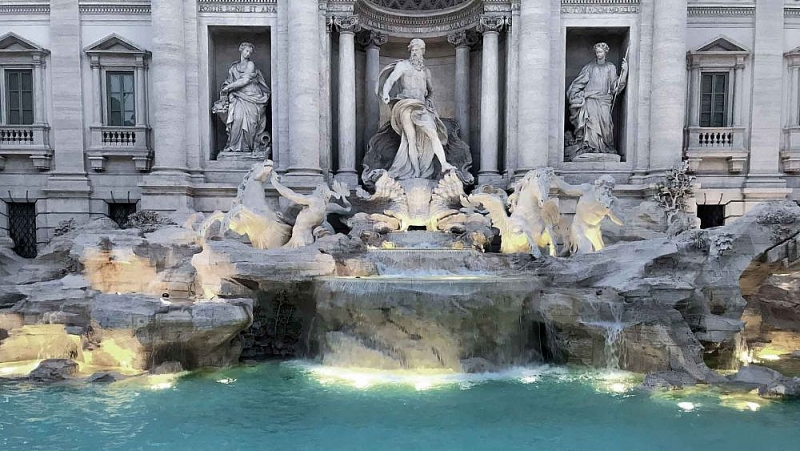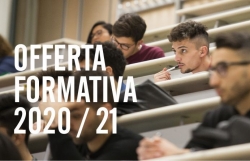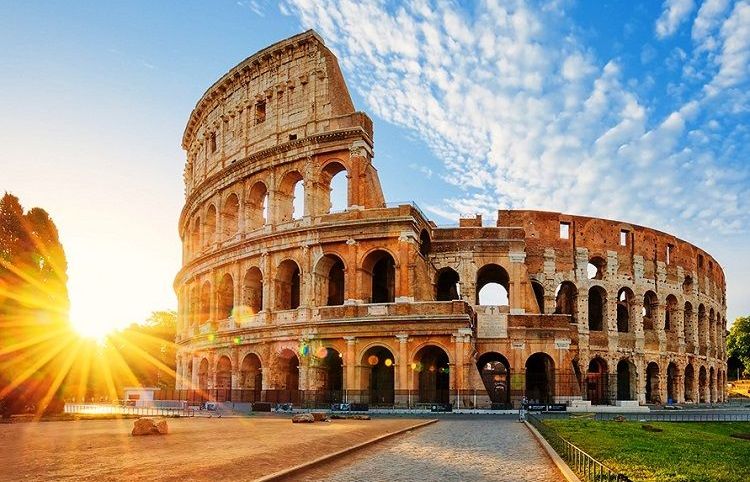
Information on certificates, Things that you need to know
Latest
 |
| To get a legal and recognized qualification, learners need to understand and meet the requirements of the courses. |
Following the previous article on the information on the qualification, the research team from the RecoAsia project will continue to present some other important details and their meaning to help learners and agencies operating in the field of higher education understand the characteristics of the courses.
And through the gained information, the students can choose an appropriate educational institution and degree awarding courses that have enough legal credibility to educate and award degrees and associate.
Academic and professional value of qualifications
To determine value of a specific qualification, it would be judged on 2 different aspects:
On an administrative aspect, (in charge of by administrative department) to verify the validity of the qualification, as well as the validity period of the course and qualification;
Academic validity (in charge of by the professional board) will dictate the nature of the qualification and determine the right to access the higher cycle courses.
It is very important to determine the administrative and academic value of the qualification, in order to avoid misunderstandings between the concept of "accreditation" and "recognition".
An “accredited” qualification means that the course or that qualification exist and the process of organizing mention courses and awarding qualification are legal.
Meanwhile the “recognition” of a qualification is dependent on it’s academic value: whether the qualification is Bachelor’s, Master’s or Doctorate and its academic rights for follow further courses.
For example: In Italy, administratively wise, Master universitario di I livello (MU1) and Master universitario di II livello (MU2) courses and qualifications are legal, yet academically wise, the qualifications are vocational and are not equivalent to one Master’s Degree and does not meet the condition to be a requirement for higher cycle courses.
In details, in the second cycle and level 7 EQF, there are qualifications like Laurea magistrale/Laurea specialistica/Laurea a ciclo unico and MU1, however MU1 is not a Master’s Degree like the others and grant no further access to the third cycle courses (Doctorate and MU2), as informed by Italian Information Centre on Academic Mobility and Equivalence (CIMEA).
Name and legal status of the training institution and the issued degrees/qualifications
Students need to find out the exact name, location of the educating institution and the final form of degrees/qualifications to verify the validity of the course and the value of the granted qualifications. Referring to the legality of the educating institution and the granted qualifications, there are many possibilities:
Non legal education institution: the institution is not allowed to train, and is not allowed to issue qualifications.
Education institutions are legal, but some education institutions are not accredited at the national level, therefore they are only recognized in the host country, but not recognized in the education system of another country.
For example, in Brazil, the legal institutions are authorized to organize 2 type of courses Lato sensu and Stricto sensu (both are in the second cycle – after bachelor graduation), however only Stricto sensu is recognized, ex: the same as MU1 in Italy, Lato sensu is not recognizable as it is under no obligation from National Inspection.
Educating institutions are legal and have many different campuses, but not all campuses have the right to provide training for degree courses.
For example: The European Design Institute has many different campuses in Italy, in the period of 2010-2012, only Milan and Rome campuses were eligible to grant university degrees in some majors such as Interior Design, Fashion Design and Graphic Design (according to Decree No. 292, 10/12/2010 of the Ministry of Higher Education and Research in Italy); while the campus in Turin is not. Starting from the 2012-2013 school year, Turin campus is eligible to grant a degree (according to Decree No. 208, 17/12/2012 of the Italian Ministry of Higher Education and Research).
International Education institutions: some higher education institutions do not belong to any formal education system but are recognized by many countries and are often established by international organizations or on bilateral and multilateral agreements between different countries.
United Nations University is an educational institution operated and sponsored by the United Nations, with its headquarter in Tokyo, however it is not part of the Japanese education system. The qualifications from UNU can be recognized in the Italian education system.
The European University Institute is a facility operated and sponsored by the countries in the European Union, with its base in Italy, it is not part of the Italian higher education system but the degree is recognized in the country.
Recommendations:
To get a legal and recognized qualification, learners need to understand and meet the requirements of the courses; Research carefully about the institution by its original name to determine the legality of the institution, course and granted degree as well as its value in other countries’ education systems.
Link for references:
http://www.processodibologna.it/wp-content/uploads/2014/03/Linee-Guida-CHEER_Riconoscimento_DEF.pdf
https://www.univaq.it/section.php?id=1835
http://attiministeriali.miur.it/anno-2012/dicembre/dm-17122012-%281%29.aspx

| Information on Italian art and music higher education system TGVN. When it comes to beautiful Italy, world-famous architecture and fashion immediately comes to mind, as well as interior design, music and especially Opera. Currently, ... |

| Information on European qualifications – Things you need to know The research team under the RecoAsia project will clearly present the basic information on the qualifications and their value to help students and agencies operating ... |

| Italian education system & several things before making decisions on study in Italy TGVN. Studying abroad is becoming increasingly more and more in demand for Vietnamese youths. However, due to the diversity and differences in various education systems, ... |



















